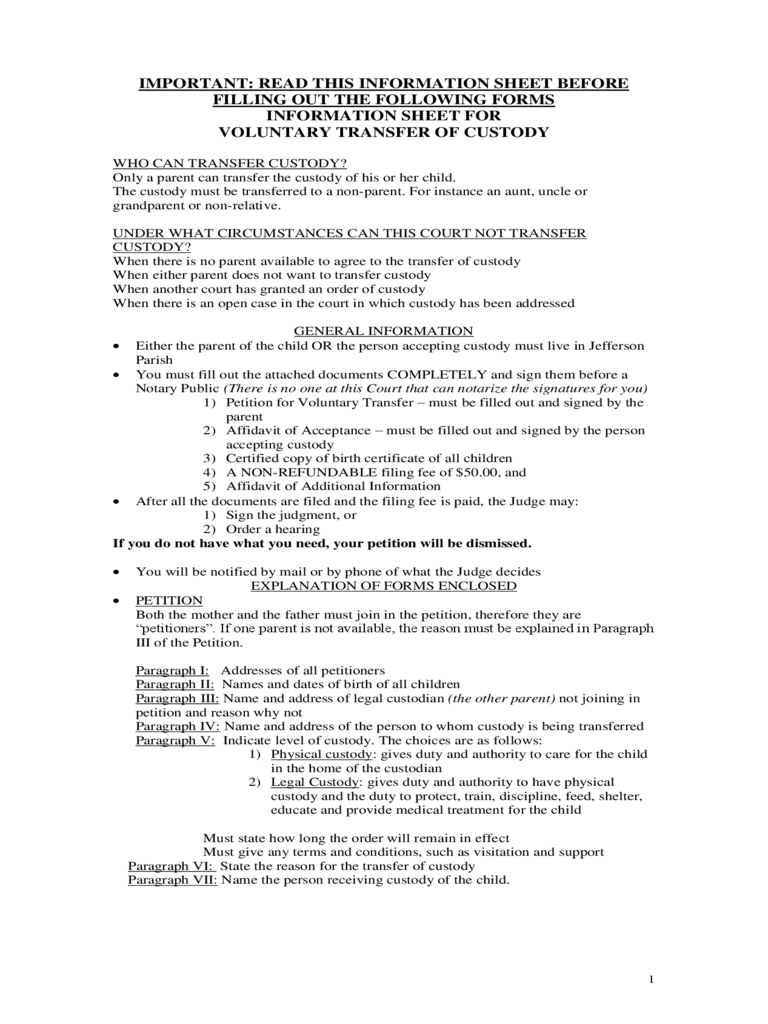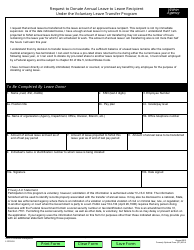

The parties tried this case in 2018 or 2019, long before White v. Llewellyn, the court specified that when a plaintiff in a fraudulent-conveyance case establishes certain badges of fraud, the burden of persuasion in the case shifts to the defendant, and stays there for the duration of the case.

There’s an interesting holding about the burden of proof and the standard for reviewing that burden. (I hasten to add that this isn’t a bankruptcy case, where a trustee can void certain transfers that prefer one or more creditors over others.) The debtor can even make a payment to a company insider – a form of self-dealing – as long as the payee’s claim is valid.
#Voluntary conveyance pro
This factor unravels most of the circuit court’s judgment, because a creditor without a perfected lien can’t insist on a priority or even pro rata payment. The court then goes on to indicate that, under well-established law, there’s no prohibition against a debtor’s preferring one creditor over others, even when the debtor is insolvent. Justice Kelsey observes that courts have “supplemented these statutory remedies” by allowing, in certain circumstances, “an in personam judgment directly against the transferee of an unlawful conveyance.” Today’s opinion states that “truly exceptional circumstances” are necessary to justify such a remedy. That remedy legally puts the transferred goods or money back into the debtor’s possession so priority creditors can execute on it. That remedy is a declaration that the transfer shall be void.

The Supreme Court begins its rulings by observing that the fraudulent and voluntary conveyance statutes specify a particular remedy, and it isn’t a money judgment against those persons or entities who received the property or money. I’ll summarize the significant holdings here, safe in the knowledge that if you really want the Encyclopedia Britannica version of the case, the slip opinion is just a mouse click away.
#Voluntary conveyance trial
The trial court agreed and entered personal judgments against several defendants, including the two lawyers in the firm, some entities associated with one of them, and even the firm’s bookkeeper. The Reader’s Digest version of the case is that it’s a claim by a landlord that one of its tenants, a law firm, had made several voluntary and fraudulent conveyances that deprived the landlord of the opportunity to collect six figures in rent. With a case like this, if I were to describe the facts in detail, I’d lose half of you before getting to any of the holdings.
#Voluntary conveyance full
The opinion of the court is a full 46 pages long. He notes that the trial record runs to almost 6,000 pages. Justice Kelsey’s meticulous opinion takes ten pages to describe the facts and another 4½ to lay out the procedural posture. The facts of this case are uncommonly complex.

It’s a debtor-creditor dispute on steroids, and arises in Fairfax. (Posted June 24, 2021) The Supreme Court of Virginia clears out the oldest undecided appeals on its docket by handing down a consolidated opinion styled Grayson v.


 0 kommentar(er)
0 kommentar(er)
